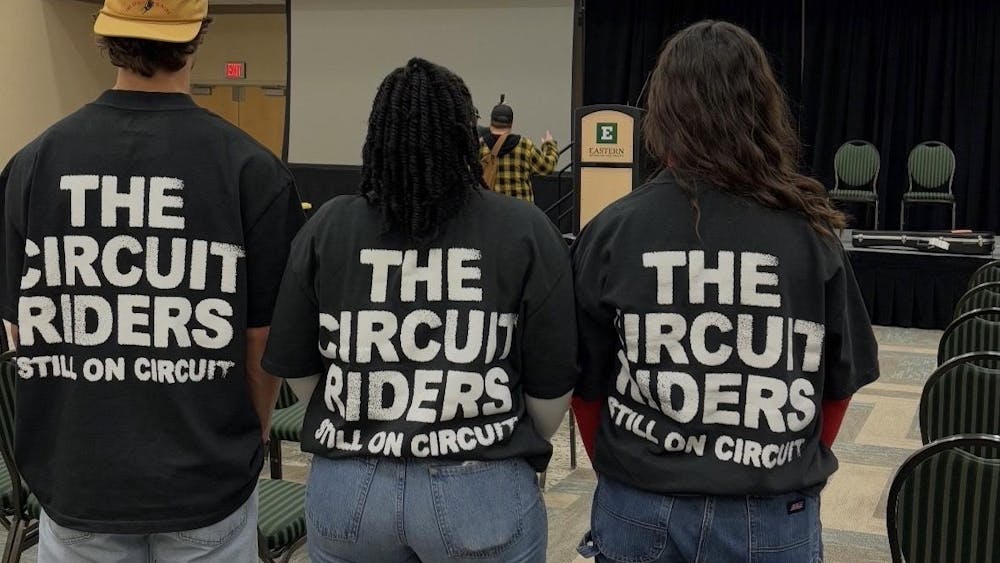Answer this question: If you had to pay for college out-of-pocket as you go, would you still be attending right now?
Are you attending college to quench your thirst for knowledge? Need a four-year degree to get certified as a teacher? Returned for an MBA to increase your salary?
Those are all reasonable explanations. However, I wonder how many answered, “Because what else was I going to do?” or, “Because I was told to.”
In a recent article from realclearmarkets.com, author Bill Frezza suggested the belief that higher education is a right is helping produce graduates with useless skills and crushing debt.
According to Frezza, students should be selected on merit rather than social engineering, and “dead-end programs used to train the next generation of professors – whose only skill will be to teach more such dead-end programs [like literary criticism and gender studies]” should no longer be taxpayer-funded.
My first reaction to his opinion was he is a venture capitalist, and thus cannot relate to first-generation college students. But, upon further thought, he has a point. Students are graduating with worthless degrees, and some do not belong in college at all. So, why do they still enroll?
Our culture is such that we think to become a tradesman, such as a carpenter or landscaper, makes us less a member of society, or places us lower on the social status scale. In essence, many, especially those in academia, think of those professions as failures.
But, of all the jobs shipped to China or India in the last 30 years, heavy equipment operator is not one of them. These are respectable jobs in demand that pay a livable wage.
Yet, many students are processed from the high-school factory, herded into a line and, like cattle moving through the slaughter house line, they are streamlined into what eventually will become the poorhouse. The loan debt awaiting them upon exiting the diploma mill is crushing. And many, whose college degree earned them an $8.25 retail job, cannot pay back the loans.
When asked if he would still be enrolled if forced to pay as he went, EMU graduate student Brandt Williams, who is earning his master’s in public administration, said “Yes, depending on the degree.
“However, the system is set up to make us believe that we shouldn’t work and go to college simultaneously. This forces us to take loans and accumulate massive amounts of debt for degrees that are insignificant, or not very applicable to the real world.”
William’s sentiment mirrors what Fezza pointed out.
Rachel Scott-Barsch is the events coordinator for Student Activities at Washtenaw Community College, and she is also in the EMU MPA program. She was asked what she gained from her college education she would not have from working experience.
“Frankly not a lot; however, the education gave me a key to unlock doors to my current position,” she said. Scott-Barsch went on to say, “School helps you bring a lot of different ideas and disciplines together in a more cohesive way than it would if you learned these things on the job.”
So, attending has its benefits, and I’m not saying we should strip away the opportunity for those who belong, but we must move past the idea that everyone is college material. Some people are not. Some simply do not possess the intellectual capacity, discipline, work ethic or money it takes to complete a four-year degree in a skill that will benefit them in a productive way. And program standards should not be watered down to increase the number of graduates.
Several weeks ago, a professor pointed out a few students in our class needed improvement writing complete sentences. Can you imagine being in a graduate-level class and hearing your professor point that out?
Like Williams, I would pay out-of-pocket depending on the degree, but it certainly calls into question what I am getting in return.








